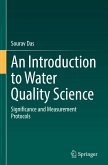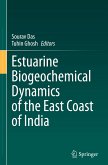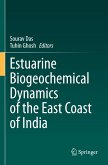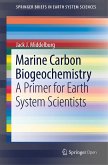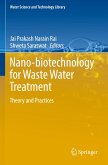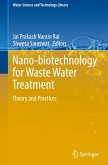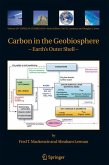This book discusses the significance of water quality parameters in aquatic ecosystems, offering a concise and practical measurement methodology for early career researchers and post-graduate students in the fields of environmental science, oceanography, and aquatic science . The keys topics covered include aquatic sampling, basics of physicochemical properties and carbonate chemistry of aquatic science , the importance of nutrients in natural water bodies, biological productivity in aquatic ecosystems, aquatic pollution, and statistical analyses of different types of water science data. Several parameters such as microplastics, dimethylsulfoniopropionate and polychlorinated biphenyls have also been incorporated in the book for comprehensive coverage of the topic. The book is meant as a practical guide for beginners and young researchers using a clear writing style and practical examples, highlighting the significance of water science parameters and their measurementprotocols in aquatic environments.
Bitte wählen Sie Ihr Anliegen aus.
Rechnungen
Retourenschein anfordern
Bestellstatus
Storno


